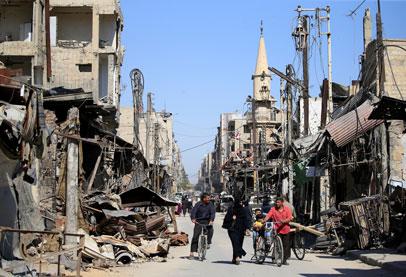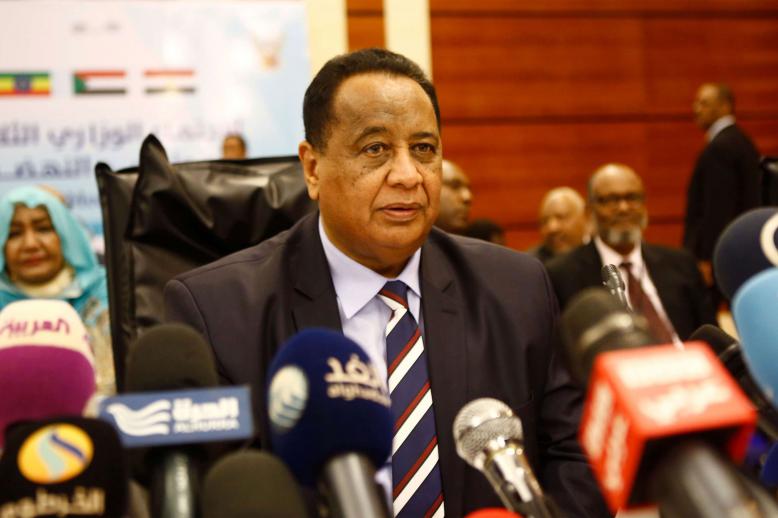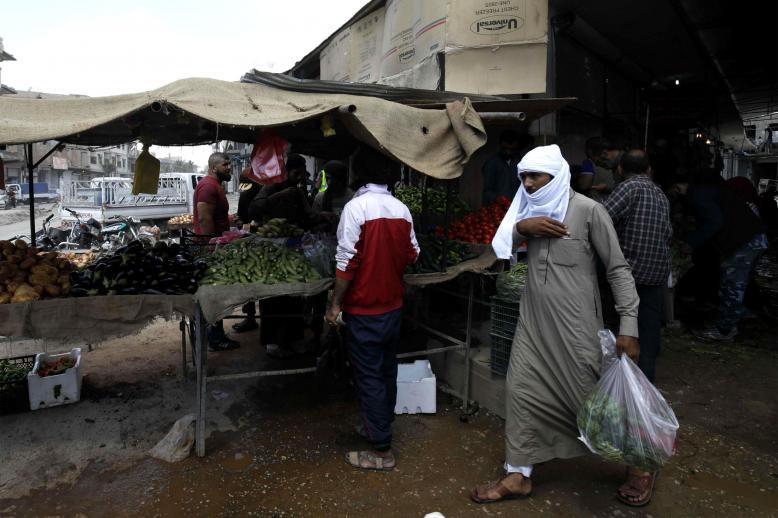UN says Syria blocking humanitarian aid to Douma

UNITED NATIONS - Two weeks after its forces took full control of Eastern Ghouta, Syria has yet to allow UN humanitarian aid to enter the main town of Douma, the UN deputy aid chief said Wednesday.
Ursula Mueller also told the UN Security Council that the situation in rebel-held Idlib was "catastrophic" with tens of thousands of displaced Syrians from Eastern Ghouta and elsewhere seeking refuge there.
"While Eastern Ghouta is no longer besieged as it has come under the control of the government of Syria, the UN has not yet been granted access to Douma," Mueller said.
About 70,000 people are in dire need of aid in Douma after one of the most intense military battles in Syria's seven-year war. Syrian forces retook full control of Eastern Ghouta on April 12.
"After seven years of conflict that continues to see escalation after escalation, the needs of Syrians have never been higher," said Mueller, the UN assistant secretary-general for humanitarian affairs.
With almost 400,000 people displaced since mid-December and tens of thousands pouring in from other regions, Idlib has also been hit by air strikes in recent weeks as fighting continues, Mueller said.
The Security Council met to discuss the humanitarian crisis in Syria following a weekend retreat in Sweden that some diplomats said helped mend rifts within the top UN body over how to help end the war.
Swedish Ambassador Olof Skoog said the council would be looking at "incremental steps" on Syria, including a push for more aid convoys to be sent to hard-to-reach areas and stepping up mine removal in Raqa, six months after the Islamic State group was driven out of the city.
The council has been riven by divisions over chemical weapons use in Syria following the alleged use of toxic gas that reportedly killed dozens in Douma on April 7.
The war in Syria entered its eighth year last month, with diplomacy deadlocked over the way forward to end the conflict that has killed more than 350,000 people and forced millions to flee.




